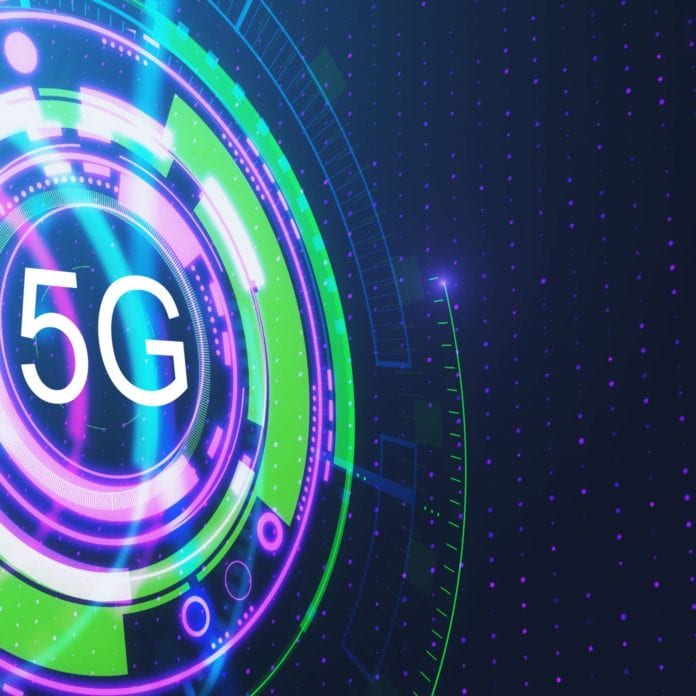Finnish vendor Nokia and Australian operator Optus claimed a record aggregate site throughput after hitting download rates of 10Gbps using 800MHz of mmWave spectrum at a live 5G site in Brisbane.
Nokia stated the demonstration employed its AirScale Radio equipment and showcased the capabilities of mmWave 5G technology.
The vendor also highlighted that Optus can use 5G mmWave to serve enterprise market and explore new use cases in healthcare, mining, port operations and smart manufacturing, among other industries.
Lambo Kanagaratnam, managing director of Networks at Optus, said: “We’re committed to keeping Australia connected and at the forefront of 5G. By partnering with Nokia, we’ve taken an exciting step towards unlocking the massive potential that 5G mmWave will bring to the consumers, enterprises and industries in Australia. Reaching 10 Gbps per site is a crucial step in our 5G development and validates the progress we’ve made with the technology together with Nokia.”
“This is another milestone in the development of 5G services and demonstrates the confidence operators have in our 5G solutions. Today’s achievement with Optus shows the potential of mmWave deployments, particularly at a time when connectivity and capacity are so crucial,” said Anna Wills, head of Oceania at Nokia.
In December 2020, the Australian Communications and Media Authority (ACMA) opened applications to participate in the April 2021 auction of high-band 5G spectrum.
The regulator will auction 2.4 GHz of spectrum in the 26 GHz band in 27 geographic regions across Australia.
In a statement, ACMA member James Cameron said the mmWave spectrum will enable a wide range of new services which will benefit Australian businesses and consumers. “
Optus, controlled by Singapore telecommunications group Singtel, has over 900 5G sites across Australia.
Some of the cities where the telco currently provides 5G coverage include Sydney, Brisbane, Canberra, Adelaida, Gold Coast and Perth.
Last July, Optus had announced it was also testing 5G mmWave technology in partnership with Ericsson. In January 2020, Optus had successfully implemented spectrum sharing technology from Ericsson to made an end-to-end 5G video test call while simultaneously streaming video content on a 4G device. The Optus network was able to assign spectrum resources on both 4G and 5G switching between them in milliseconds to support the different service video demands from both users, Optus said. Dynamic Spectrum Sharing is a technology that allows an operator use the same spectrum at the same time for LTE and 5G, with the network base stations controlling the allocation of spectrum.

